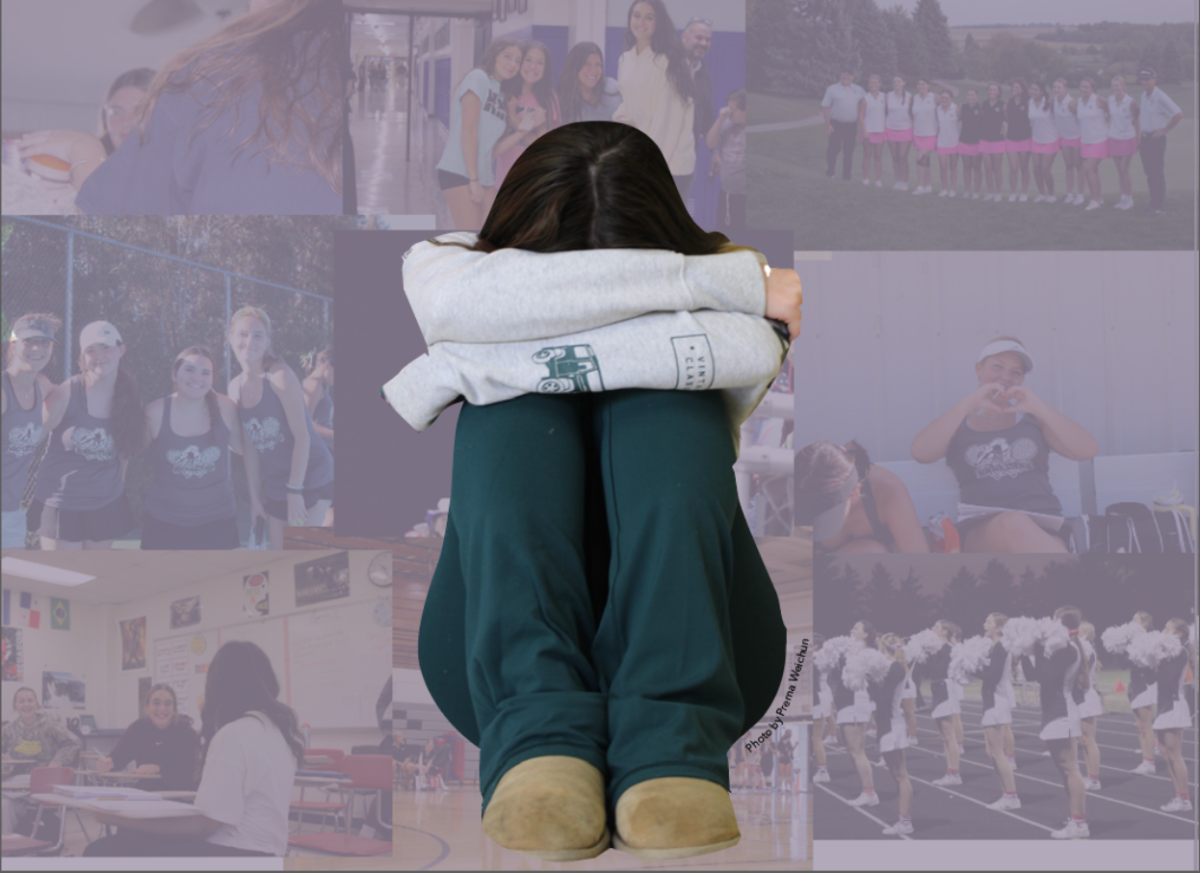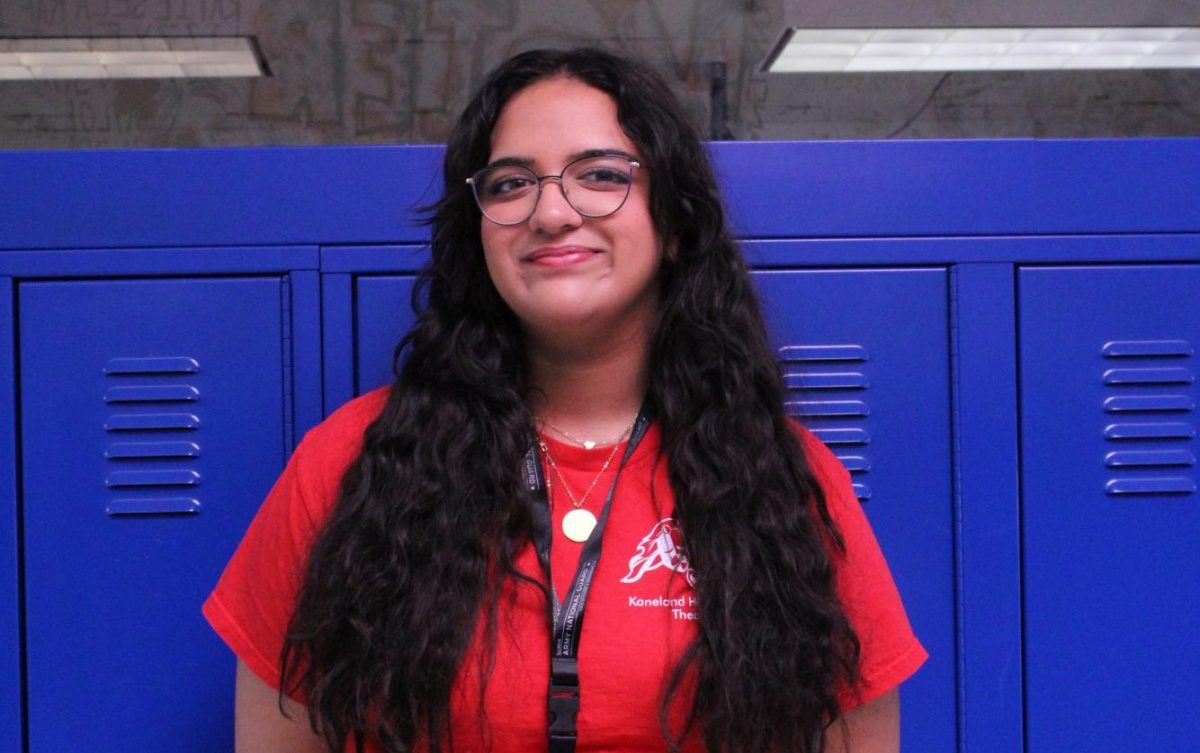On Dec. 21, 2023, 38 migrants traveling on an intercity bus from Texas were dropped off at the Elburn Metra station.
According to a Facebook post by the Village of Elburn, it “was a peaceful transfer once the train arrived.”
All passengers on the bus had prepaid Metra tickets to Chicago, but four of the passengers opted to not get on the train. A mother and daughter were picked up by a relative waiting at the station, and two young adult males were also picked up by a relative.
The Village of Elburn said that all on-duty Elburn police officers were at the station to assist at the drop-off on Dec. 21.
On Dec. 27, the Elburn Village Board held a special meeting to discuss the drop-off and the potential ordinances needed for intercity bus drop-offs in the future. At the meeting, the board passed an ordinance regarding regulations that the bus drop-offs must comply with moving forward.
All unscheduled intercity buses “must apply for a permit at least five days before arrival” and “must drop off their passengers Monday through Friday between 10 a.m. and 4 p.m.,” Elburn Village Administrator John Nevenhoven said.
The operator of the bus also must carry a copy of an approved application. If a bus unloads before or after the approved window of time or the bus operator does not carry a copy of the approved application, it will result in a $750.00 fine per passenger for the bus operator.
The drop-off on Dec. 21 did not comply with all of the regulations under the ordinance, however it occurred before the ordinance was in effect, so no penalty was enforced. The main purpose of the ordinance is to “ensure the health, safety and welfare of the passengers and residents of Elburn,” Nevenhoven said.
Chicago started banning unscheduled bus drop-offs in the city and fi ning drivers dropping off migrants. Now, some intercity buses have started to drop off migrants at Metra stations in suburban cities to be taken to Ogilvie Transportation Center in Chicago.
Back in the summer of 2022, Texas Governor Greg Abbott said that Texas would begin sending buses of migrants crossing the Texas-Mexico border to large, democratic sanctuary cities to protest the Biden administration’s policies on immigration.
In the last few months, the number of migrants, mostly Venezuelans, being dropped off in Chicago has increased significantly. According to the City of Chicago, 818 buses have arrived in the Chicagoland area as of Feb. 9, 2024.
Chicago has faced struggles with housing the tens of thousands of migrants, which has caused overcrowding in shelters around the city.
One of the city’s largest temporary shelters in Pilsen was originally expecting 1,000 arrivals but now holds over 2,300, according to Block Club Chicago. This number could continue to grow. This has also made it difficult for individuals to quarantine when sick and seek necessary medical care.
Government officials in the city of Chicago say they are providing services to migrants to apply for Temporary Protective Status (TPS), health access and short-term rental assistance while legal cases are pending.
According to the Council of Foreign Relations, “TPS is a program that allows migrants whose home countries are considered unsafe the right to live and work in the United States for a temporary but extendable period of time.”
These migrants are often seeking protection in the U.S. due to persecution and human rights violations in their home countries.
Junior Abby Gonnella’s mom is an immigrant who fled to Thailand in the 1970s when the Khmer Rouge was attacking Cambodia. She and her family traveled on foot to Thailand, and when she was around nine, they immigrated to the U.S. legally.
“She waited in Thailand where she was pretty much starving to death, working to get the money for plane tickets for a year or so,” Gonnella said.
During this time, she was also waiting for the legal paperwork to process, which was necessary to arrive in the U.S.
According to Immigration Help, an immigration nonprofit organization, the whole naturalization process typically takes 18-24 months. Those who cross the border illegally often apply for asylum and legal services like TPS so they can then apply for work authorization and live in the U.S. temporarily.
According to the City of Chicago, “The City works in collaboration with the State of Illinois, Cook County, delegate agencies, community-based organizations, and mutual aid organizations to provide support for new arrivals.”
Although shelters are not accepting “walk-up” volunteers at this time, several mutual aid organizations are looking for volunteers, and some of the City’s partner organizations are accepting donations.









